Overview
Mbabane, Eswatini’s capital city, offers a vibrant display of traditional crafts at its bustling markets. These markets provide a unique opportunity to experience the rich cultural heritage of the Swazi people and purchase authentic, handcrafted souvenirs. From intricate beadwork to colorful textiles, the markets showcase the skills and artistry passed down through generations.

The Swazi Market
The Swazi Market, situated at the southern end of Allister Miller Street, Mbabane’s central shopping artery, stands as a bustling hub of traditional Swazi culture and trade. A vibrant tapestry of colors, scents, and sounds, the market offers an immersive experience for visitors seeking an authentic glimpse into Swazi life. Beneath rows of brightly colored awnings, vendors proudly display an array of handcrafted goods, each piece reflecting the skilled craftsmanship passed down through generations. From intricately woven baskets and vibrant textiles to hand-carved wooden sculptures and delicate beadwork, the Swazi Market pulsates with the energy of cultural expression and economic exchange.
The market’s allure extends beyond its crafts, offering a sensory feast for visitors. The air is filled with the aroma of freshly ground spices, mingling with the sweet scent of marula fruit and the earthy fragrance of traditional remedies sold in the market’s traditional medicine center. Animated bargaining forms a rhythmic backdrop to the lively chatter of vendors and the delighted exclamations of tourists discovering unique treasures. A visit to the Swazi Market is an essential experience for any visitor to Mbabane, providing a vibrant introduction to the heart and soul of Swazi culture.
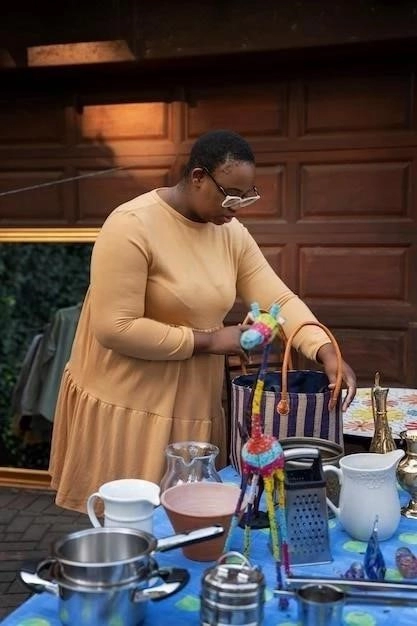
Products and Craftsmanship
Mbabane’s craft markets showcase a remarkable array of handmade goods, each reflecting the skilled craftsmanship and artistic traditions of the Swazi people. From vibrant textiles and intricate beadwork to hand-carved sculptures and woven baskets, the markets offer a diverse selection of authentic souvenirs and decorative items. The use of natural materials, traditional techniques, and culturally significant designs imbues each piece with a unique story and a tangible connection to Swazi heritage.
Traditional Fabrics and Batik
The craft markets of Mbabane provide a vibrant showcase for Eswatini’s rich textile traditions, particularly the intricate art of batik. This ancient technique, involving the application of wax-resist dyeing to fabric, produces stunning patterns and designs unique to the region. Skilled artisans, often women, painstakingly create these textiles using locally sourced materials and time-honored methods passed down through generations.
Visitors to the markets will encounter an array of batik products, from brightly colored wall hangings and tablecloths to clothing items such as dresses, shirts, and shawls. The designs often incorporate symbolic motifs inspired by nature, including animals, plants, and geometric patterns that hold cultural significance. The bold colors and intricate details of Swazi batik make it a highly sought-after souvenir, representing both the artistic heritage and contemporary creativity of the Swazi people. Purchasing these textiles directly from the artisans not only provides a unique and beautiful memento but also supports the preservation of traditional craftsmanship and empowers local communities.
Beadwork and Jewelry
The art of beadwork holds a significant place in Swazi culture, extending beyond mere adornment to encompass storytelling, social status, and cultural identity. At the heart of Mbabane’s craft markets, this vibrant tradition comes to life in a dazzling array of beaded jewelry and decorative items. Skilled artisans, predominantly women, meticulously handcraft each piece, using tiny glass beads in a spectrum of colors to create intricate patterns and designs.
Visitors browsing the stalls will encounter an abundance of necklaces, bracelets, earrings, and rings, each reflecting the creativity and cultural heritage of the maker. Traditional designs often incorporate geometric patterns, animal motifs, and symbolic colors representing various aspects of Swazi life, beliefs, and ancestry. Beyond jewelry, beadwork extends to decorative items such as belts, bags, and wall hangings, showcasing the versatility and artistry of this enduring tradition. Purchasing these unique pieces not only provides visitors with a tangible connection to Swazi culture but also supports the livelihoods of local artisans and the continuation of this cherished art form.
Carvings and Pottery
Mbabane’s craft markets offer a captivating display of Swazi artistry, particularly in the realm of hand-carved wooden sculptures and intricately crafted pottery. These traditional crafts, often passed down through generations within families, embody a deep connection to the natural world and the cultural heritage of Eswatini. Carvers, with skilled hands and keen eyes, transform locally sourced wood, often mahogany or jacaranda, into lifelike animal figures, intricate masks, and functional household items. Each piece reflects a profound respect for nature and the belief in the spiritual essence inhabiting all living things.
Potters, primarily women, employ time-honored techniques, shaping clay by hand and firing it in open-air kilns to create durable and aesthetically pleasing wares. From earthenware pots used for cooking and carrying water to decorative vases and bowls adorned with symbolic patterns, Swazi pottery reflects both practical functionality and artistic expression. The earthy tones, organic forms, and cultural motifs embedded in these crafts make them unique and cherished souvenirs. By purchasing these items, visitors not only acquire a tangible piece of Swazi heritage but also contribute to the preservation of traditional skills and the livelihoods of local artisans.
Traditional Medicine
Within the bustling atmosphere of Mbabane’s craft markets lies a space dedicated to a practice deeply entwined with Swazi culture and beliefs – traditional medicine. Known as titdvoti in the siSwati language, traditional healing encompasses a holistic approach to health and well-being, drawing upon a vast repository of knowledge passed down through generations of healers, known as tinyanga. These practitioners possess an intimate understanding of the healing properties of plants, roots, and other natural elements found within Eswatini’s diverse landscape.
Visitors to the traditional medicine sections of the markets will encounter a fascinating array of dried herbs, roots, barks, and animal products, each believed to possess specific medicinal properties. These ingredients are meticulously prepared and combined to address a wide range of ailments, from physical maladies to spiritual imbalances. While visitors are encouraged to observe and learn about this integral aspect of Swazi culture, engaging in any form of traditional medicine should be approached with caution and respect, seeking guidance from knowledgeable practitioners and prioritizing personal health considerations.

Cultural Significance
Mbabane’s traditional craft markets are far more than mere commercial centers; they serve as vibrant cultural spaces where the heritage and artistic legacy of the Swazi people are displayed, celebrated, and passed on to future generations. Within the bustling atmosphere of these markets, ancient traditions intertwine with contemporary life, creating a dynamic tapestry of cultural expression. The act of crafting itself holds deep cultural significance, embodying a connection to ancestral knowledge, a celebration of creativity, and a means of transmitting cultural values.
The markets provide a platform for artisans, often from rural communities, to share their skills, stories, and cultural perspectives with both local patrons and visitors from afar. The exchange that takes place within these markets extends beyond the monetary value of goods; it encompasses a sharing of cultural knowledge, a strengthening of community bonds, and a celebration of the enduring spirit of Swazi artistry. For visitors, these markets offer an invaluable opportunity to engage with Swazi culture on a personal level, gaining a deeper appreciation for the traditions, values, and artistic ingenuity that shape the identity of the Swazi people.
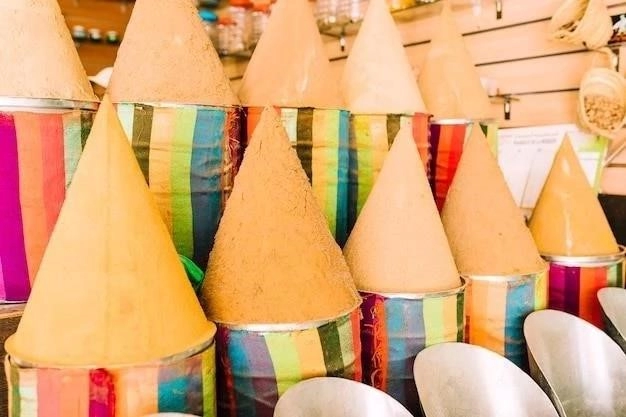
Tourism and Economic Impact
Mbabane’s traditional craft markets play a multifaceted role in the local economy, serving as vital hubs of economic activity and drawing in tourists eager to experience the vibrant cultural tapestry of Eswatini. For many artisans, particularly women residing in rural communities, the markets provide a crucial source of income, empowering them to support their families, preserve traditional skills, and contribute to the economic well-being of their communities. The revenue generated from the sale of handcrafted goods directly benefits local artisans, fostering entrepreneurship and promoting sustainable economic development.
Furthermore, these markets serve as a significant attraction for tourists, drawing visitors seeking authentic cultural experiences and unique, handcrafted souvenirs. The opportunity to interact directly with artisans, witness traditional craftsmanship firsthand, and purchase one-of-a-kind pieces adds a valuable dimension to the tourist experience. This influx of tourism not only benefits the artisans but also stimulates the local economy through increased spending on accommodation, transportation, and other tourism-related services. The craft markets, therefore, act as catalysts for economic growth, promoting cultural tourism, and creating a ripple effect that benefits the wider community.
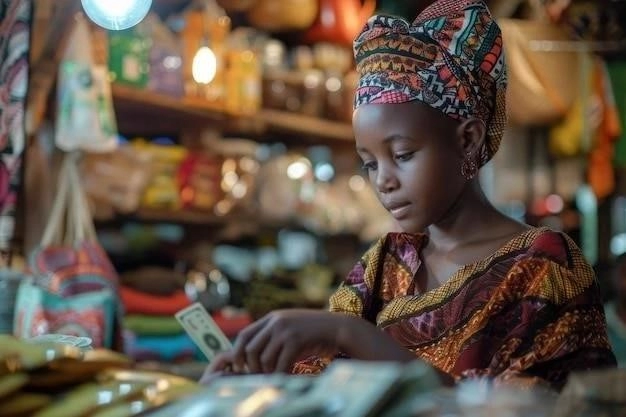
Beyond the Swazi Market
While the Swazi Market stands as a central hub for traditional crafts, Mbabane and its surrounding areas offer additional venues for discovering the rich tapestry of Swazi artistry. These smaller markets and craft centers provide alternative settings to explore and purchase unique, handcrafted souvenirs while supporting local artisans and their communities.
Tintsaba Crafts
Nestled amidst the scenic beauty of Piggs Peak, a short distance from Mbabane, lies Tintsaba Crafts – a renowned center celebrating the artistry and cultural heritage of Swazi crafts. Established in 1982 as a non-profit organization, Tintsaba Crafts plays a vital role in preserving traditional skills, empowering local artisans, and promoting Swazi crafts to a wider audience. The center showcases an exquisite collection of handcrafted goods, each piece reflecting the skill, creativity, and cultural significance embedded within Swazi artistry.
Visitors to Tintsaba Crafts will encounter a diverse range of crafts, including intricately woven baskets, vibrant textiles, hand-carved wooden sculptures, delicate glassware, and unique jewelry pieces. The center is particularly renowned for its exquisite tapestries, created using traditional weaving techniques and depicting scenes from Swazi life, folklore, and nature. Beyond offering a platform for artisans to showcase and sell their creations, Tintsaba Crafts provides training programs and workshops, ensuring the transmission of traditional skills to future generations and fostering economic empowerment within the community. A visit to Tintsaba Crafts provides a unique opportunity to engage with the artistry and cultural heritage of Eswatini while supporting the sustainable livelihoods of talented local artisans.
Ezulwini Farmers Market
While not solely dedicated to traditional crafts, the Ezulwini Farmers Market, located in the heart of the Ezulwini Valley, offers a vibrant and diverse shopping experience that often includes stalls featuring locally made crafts. This bustling market, held regularly, brings together farmers, food producers, and artisans from the surrounding region, creating a lively atmosphere of community and commerce. Visitors can peruse a wide array of goods, from fresh produce and homemade treats to unique crafts and artwork.
While the selection of crafts may vary from week to week, visitors might encounter stalls showcasing handwoven baskets, beaded jewelry, traditional attire, or decorative items crafted from wood or stone. The Ezulwini Farmers Market provides a wonderful opportunity to mingle with locals, sample fresh produce, discover unique gifts, and potentially encounter the work of talented artisans. Even if traditional crafts are not the primary focus of a visit, the market offers a delightful glimpse into the local culture and a chance to support the livelihoods of local producers and craftspeople.
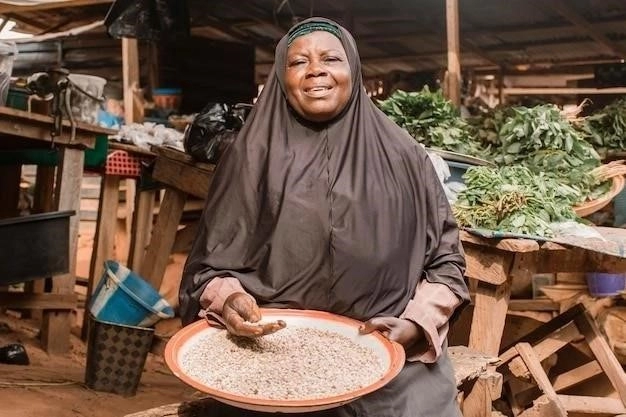
Tips for Visitors
To enhance your experience at Mbabane’s craft markets, consider these practical tips, ensuring a respectful and rewarding interaction with local vendors and their exquisite craftsmanship. By approaching your visit with cultural sensitivity and awareness, you contribute to a positive exchange for both visitors and the local community.
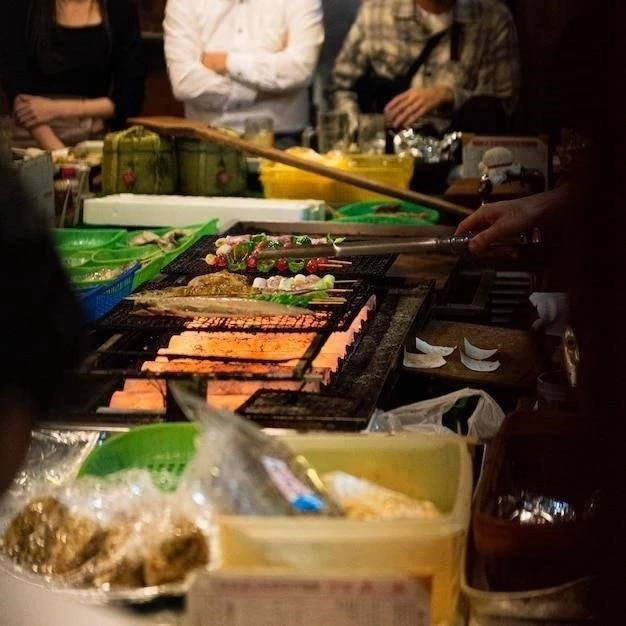
Bargaining and Etiquette
Bargaining is an integral part of the shopping experience in Mbabane’s craft markets, adding an element of lively exchange and good-natured negotiation to the transaction. However, engaging in this tradition respectfully and with cultural sensitivity is essential. Begin by greeting vendors with a friendly “Sawubona” (hello in siSwati) to acknowledge their presence and initiate interaction. When interested in an item, feel free to inquire about its price and features, expressing genuine curiosity and appreciation for the artisan’s craftsmanship.
When bargaining, start with a lower offer than the asking price, but keep it reasonable and respectful of the artisan’s work and livelihood. Engage in good-natured back-and-forth, offering a higher price as the negotiation progresses. Smiling, maintaining eye contact, and engaging in lighthearted banter can contribute to a positive and enjoyable experience for both parties. Remember that the goal is to reach a mutually agreeable price, valuing both the uniqueness of the craft and the artisan’s time and skill. Once a price is agreed upon, finalize the transaction with a smile and a heartfelt “Ngiyabonga” (thank you in siSwati), expressing gratitude for the experience and the beautiful, handcrafted treasure you now possess.
Authenticity and Quality
Mbabane’s craft markets are renowned for showcasing the authentic artistry and craftsmanship of the Swazi people. However, as with any marketplace, variations in quality and authenticity exist. To ensure a rewarding experience and purchase genuinely handcrafted pieces, a discerning eye and a few practical tips can guide your selections. Engage directly with artisans whenever possible, inquiring about their techniques, materials, and the inspiration behind their work. These conversations often reveal valuable insights into the cultural significance and craftsmanship of their creations.
Look for signs of handcraftsmanship, such as slight imperfections or variations in design, which often distinguish handcrafted pieces from mass-produced items. Examine the quality of materials used, appreciating the natural beauty of locally sourced wood, stone, fibers, or beads. Authentic Swazi crafts typically prioritize traditional techniques and designs passed down through generations. Feel free to ask vendors about the origins of their materials and the cultural significance of specific motifs or designs. By engaging thoughtfully with artisans and their work, you can make informed choices, ensuring that your purchases reflect the authenticity, quality, and cultural heritage embodied within Swazi crafts.
Supporting Local Artisans
Choosing to purchase crafts from Mbabane’s traditional markets directly benefits local artisans, contributing to the preservation of cultural heritage and the economic well-being of communities. Each purchase becomes an act of support, acknowledging the skill, time, and cultural significance embedded within each handcrafted piece. Engaging directly with artisans provides an opportunity to learn about their craft, their stories, and the cultural traditions passed down through generations.
When bargaining, remember to offer fair prices that reflect the value of the artisan’s work and the uniqueness of their creations. Consider purchasing items directly from artisans rather than through intermediaries, ensuring that a greater portion of the proceeds directly benefits the creators. Expressing genuine appreciation for their work, whether through words, gestures, or a simple “Ngiyabonga” (thank you in siSwati), goes a long way in fostering a respectful and mutually rewarding exchange. By supporting local artisans, you contribute to the sustainability of their livelihoods, the preservation of traditional crafts, and the vibrancy of Swazi cultural heritage.










